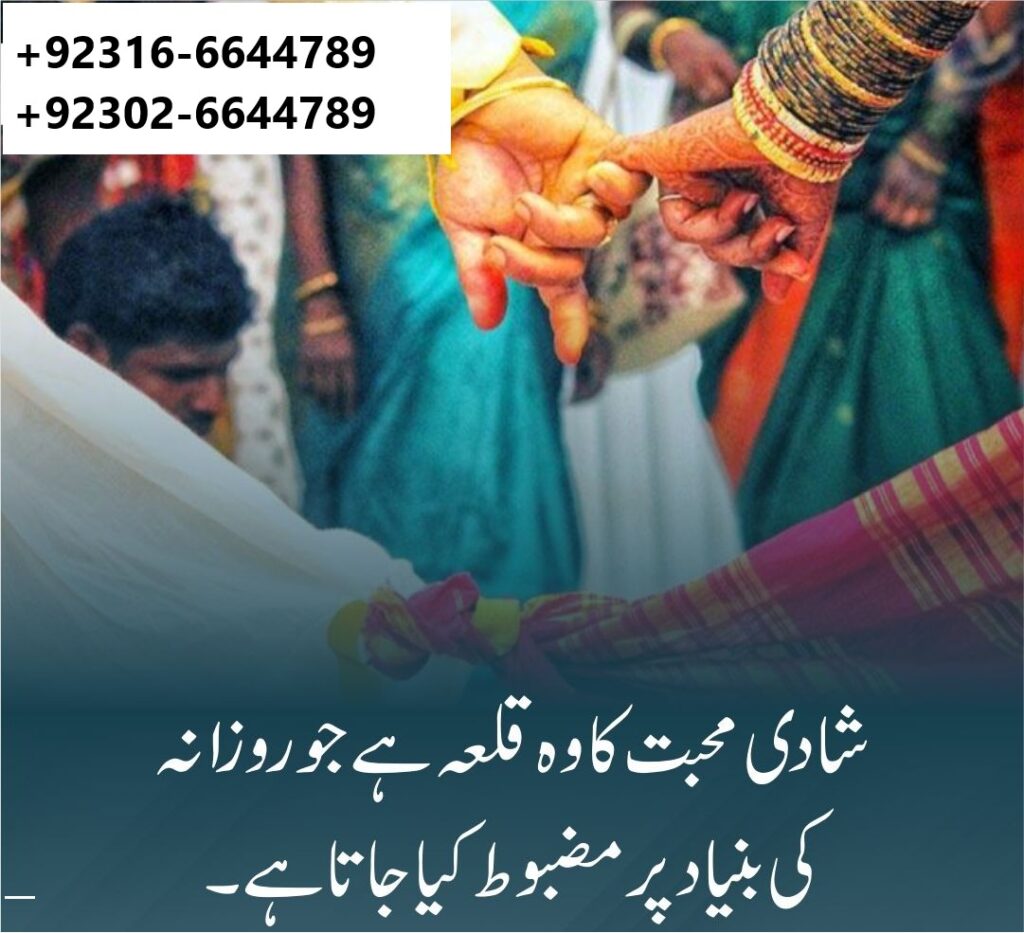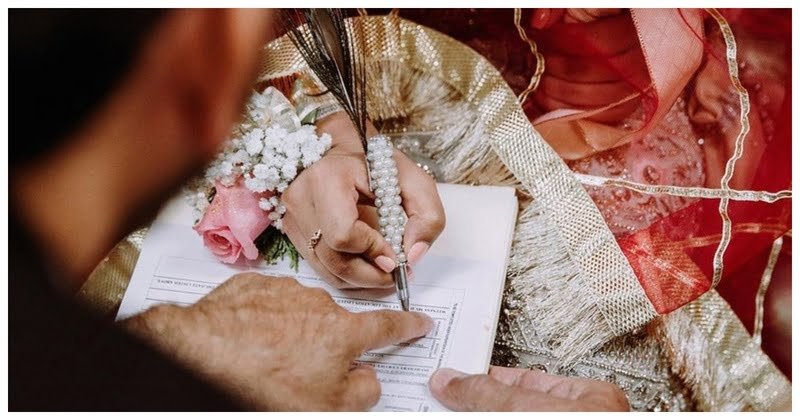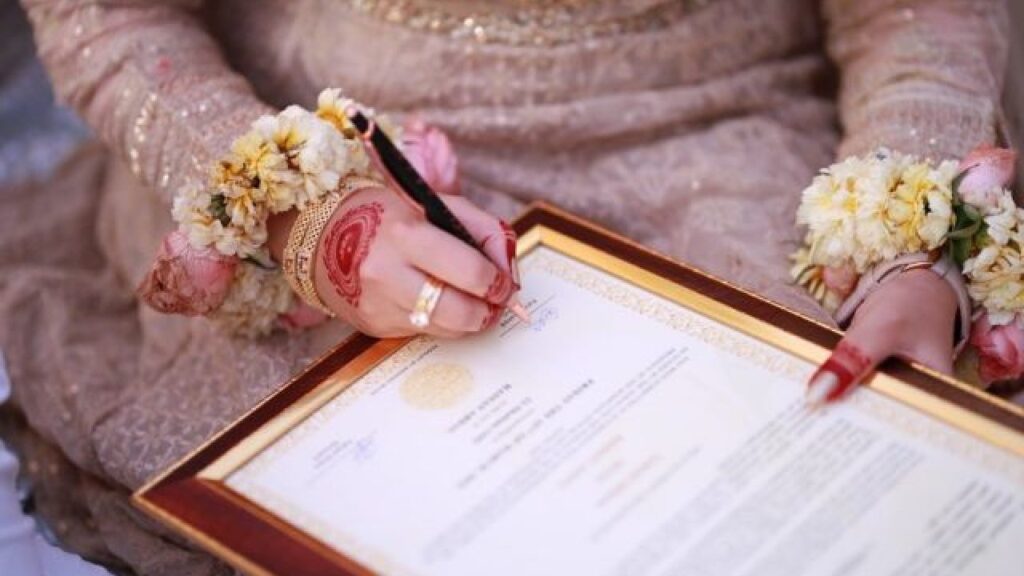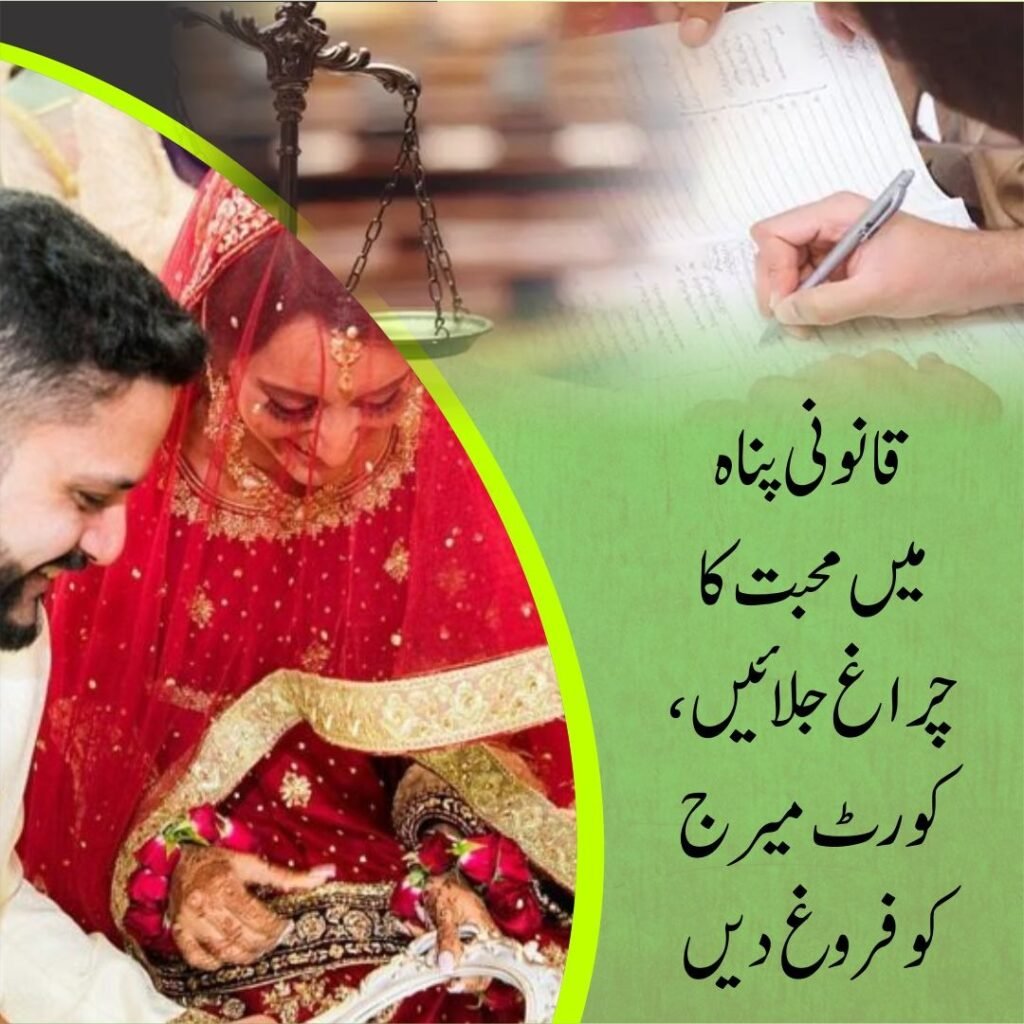Court Marriage in Pakistan and Its Legal & Religious Aspects

Court Marriage in Pakistan and Court Marriage’s Legal & Religious Aspects
Court marriage in Pakistan has serious legal & religious aspects. After a court marriage, the newlywed couple has to face several social pressures.
Court Marriage has Become Popular in Pakistan
In recent years, court marriage has become increasingly popular in Pakistan. What is court marriage? Essentially, it’s a type of marriage where a couple gets married in a formal setting. Why is this becoming more and more popular in Pakistan? There are many reasons why court marriage is becoming more and more popular in Pakistan. It is quite simple & easy.
Court Marriages – Affordable Than Traditional Marriages
Court marriages can be more affordable than traditional weddings. Many couples choose it over traditional marriages because of the various benefits it offers. If you’re considering getting married in Pakistan, read this article for more information about the legal and religious aspects of court marriage.
The Religious Aspects of Court Marriage in Pakistan
Court marriage in Pakistan is an important legal institution that has religious and cultural roots. The legal aspects of court marriage are defined by Muslim Family Law, while the religious aspects are determined by religious sects/ laws. Family-related laws govern the legal aspects of court marriage, including who can enter into a court marriage, what rights and obligations are involved, and what benefits the married couple may receive.

Court Marriage in Pakistan is Just a Civil Marriage
Is Court Marriage in Pakistan Just a Civil Marriage or Love Marriage?
Pakistan has a long and complicated history when it comes to marriage. In the past, court marriage was not a common practice in Pakistan. However, things have changed over the years. Today, court marriage is just a civil marriage. There are no legal or religious restrictions associated with it.
Process of Court Marriage in Pakistan
The Court Marriage Process in Pakistan is quite simple. It takes just 17 minutes to complete. It contains the following steps:
1– Spouses must be of legal age (male 18, female 16 years)
2– Free will of spouses must be there
3–Two witnesses of the nikah ceremony
4–Dower Amount (Haq Maher)
5– A Nikah Khawan
6– Iijab o Qabool by the spouses
7– Listening of Khutba e Nikah
8– Signature on Nikah Nama
Legal Age for Court Marriage in Pakistan
In Pakistan, the legal age for marriage is 18 years old for men and 16 years old for women. Court marriage in Pakistan is a religious and legal institution that has been around for decades.
When someone decides to get married, there are a lot of things that go into consideration. One of the biggest considerations is whether or not the couple is comfortable with each other. Another important factor is whether or not the couple will be able to weather any challenges that come along with being married. If both parties are happy with getting married under these circumstances, then it may be an appropriate choice for them. Anyway, the state protects courtly married couples.
Court Marriage is a Way to Legalize Your Relationship
Court Marriage is simply a way to legalize a relationship of a couple. In this process, a surety is ensured to both parties that they are in a legal and safe relationship. Court marriage or online marriage guarantees the legality of a friendly relationship between spouses. It also determines the rights & duties of both parties.
The Major Requirement for Court marriage in Pakistan is The Free Will of The Girl & The Boy
Court Marriage is simply associated with the free will of a couple. Court marriages are authorized under the Muslim Family Laws Ordinance, 1961, which states that a couple may enter into a marriage contract if they are both over the age of maturity (18 for both the girl and boy) and either one of them has no objection to the marriage.
Consent to the Court Marriage
As mentioned above, there is a requirement for both parties to consent to the court marriage. If one party does not consent to the court marriage, then it cannot be conducted. The law also requires that both parties must have attained the age of maturity before entering into a court marriage.
Legal Age for Court Marriage in Pakistan
Certain requirements must be met for a court marriage to take place., they must be of the legal age of maturity and ability to understand human rights and obligations. Furthermore, they must agree to marry each other through a legal process. If any one of these requirements is not met, then a court cannot authorize a court marriage between the two individuals involved in the case.

Marriage in Islam - Documented or Undocumented
Court marriages can be documented or undocumented, depending upon the choice of parties. If they are documented, they will usually appear on official government documents such as the Nikah Registrar’s Office or MRC documents. If they are undocumented, they will usually appear on religious records such as nikah papers. However, registration of marriage is a legal requirement however, several people do not go along with the law.
Court Marriage in Pakistan May be Manual or Online
Court marriage is a legal ceremony that can be performed either manually or online. The manual court marriage process in Pakistan is directed by Family Laws. In the manual process, both partners must appear in person before Nikah khawan in our office or any other venue of their choice, while in the online process, both partners or either of them can be taken on an audio/video call to conduct the process. We provide both facilities with full secrecy & responsibility.
State Provides Protection to Marrying Couples Through Court Marriage in Pakistan
The law of court marriage in Pakistan provides protection to a married couple through the legal process. The protection can be achieved by taking the marriage into consideration in court. The process is quite simple, just a statement is needed before the court if the spouses feel insecure. The court ensures their security. Court marriages are considered legal and lawful in Pakistan
We Facilitate You to Legalize Your Relationship Through Court Marriage in Pakistan and Abroad
If you are thinking of getting married in Pakistan or abroad but are unsure of the legal and religious aspects, we can help you. Court Marriage is simply a type of civil marriage. This allows for greater compatibility between the couple and ensures that both parties have undergone due diligence in ascertaining whether or not they are compatible or willing.
Benefits of Court Marriage in Pakistan
There are many benefits to marrying through a Court Marriage in Pakistan. First and foremost, it is a legal ceremony, which means that all relevant paperwork has been processed and approved by the authorities. This eliminates any chances of complications down the line, such as inheritance disputes or domestic violence. Also, your marriage carries more weight legally than if you were to marry in a religious setting.
Secrecy is Our Prime Concern Regarding Court Marriage in Pakistan or Abroad
Pakistan is a country with rich cultural and social issues. Usually, court marriages are kept secret in the country. By taking this account under consideration, we ensure the secrecy of your court marriage.
Court Marriage is As Simple As 1,2,3…
No matter what you might think, court marriage is not as complicated as one might imagine. It can be as simple as 1,2,3….The legal aspect of court marriage is fairly simple. There should only be the age of maturity & free will of the spouses. That is it. For further queries, contact us or visit our office.
FAQs: About the Court Marriage in Pakistan and Its Legal and Religious Impacts
Q: What is court marriage in Pakistan?
A: Court marriage in Pakistan is a legally recognized union between two consenting adults, solemnized in the presence of a magistrate or legal authority.Q: Is court marriage in Pakistan legally valid?
A: Yes, court marriage in Pakistan is legally valid under the laws of Pakistan and is recognized by courts and other legal institutions.Q: What are the legal requirements for court marriage in Pakistan?
A: The legal requirements for court marriage in Pakistan include the presence of both parties, their CNICs or valid identification, witnesses, and fulfilling the legal age requirement.Q: Can a court marriage in Pakistan be conducted without parental consent?
A: Yes, court marriage in Pakistan can be conducted without parental consent, as long as both parties are of legal age and give free consent.Q: What is the minimum legal age for court marriage in Pakistan?
A: The minimum legal age for court marriage in Pakistan is 18 years for males and 16 years for females, as per the Child Marriage Restraint Act, 1929.Q: Is court marriage in Pakistan allowed under Islamic law?
A: Yes, court marriage in Pakistan is permissible under Islamic law, provided it fulfills the basic requirements of Nikah, including consent and witnesses.Q: How does court marriage in Pakistan impact family relationships?
A: Court marriage in Pakistan may strain family relationships if conducted without the consent of families; however, it’s a lawful process and cannot be challenged if all legal formalities are met.Q: Can non-Muslims opt for court marriage in Pakistan? A: Yes, non-Muslims can opt for court marriage in Pakistan under the respective personal laws governing their religion.
Q: Are witnesses mandatory for court marriage in Pakistan?
A: Yes, at least two witnesses are mandatory for court marriage in Pakistan to validate the union.Q: What is the fee for court marriage in Pakistan?
A: The fee for court marriage in Pakistan varies by city and the lawyer’s services but is generally affordable and transparent.Q: How long does the court marriage process in Pakistan take?
A: The court marriage process in Pakistan usually takes a few hours to complete if all required documents are in order.Q: Can court marriage in Pakistan be challenged in court? A: Court marriage in Pakistan can only be challenged if it violates the law, such as issues with age, consent, or legal documentation.
Q: Does court marriage in Pakistan require a Nikah Nama?
A: Yes, a Nikah Nama (marriage contract) is a mandatory document for court marriage in Pakistan.Q: Can a foreigner and a Pakistani citizen have a court marriage in Pakistan?
A: Yes, a foreigner and a Pakistani citizen can have a court marriage in Pakistan, provided the foreigner presents valid identification and fulfills legal requirements.Q: Does court marriage in Pakistan have any religious implications?
A: Court marriage in Pakistan aligns with religious principles if conducted according to Islamic or respective personal laws.Q: What role does a lawyer play in court marriage in Pakistan?
A: A lawyer assists in preparing the required documents, filing paperwork, and ensuring compliance with legal formalities for court marriage in Pakistan.Q: Can court marriage in Pakistan be kept confidential?
A: Yes, court marriage in Pakistan can be kept confidential, as the proceedings are private and limited to the concerned parties.Q: Is it possible to register a court marriage in Pakistan after the ceremony?
A: Yes, it is mandatory to register a court marriage in Pakistan to ensure its legal validity and recognition.Q: Are there any penalties for conducting an invalid court marriage in Pakistan?
A: Yes, conducting an invalid court marriage in Pakistan, such as falsifying documents, may result in legal penalties.Q: Can court marriage in Pakistan protect against forced marriages?
A: Yes, court marriage in Pakistan provides a legal avenue for individuals to marry freely, protecting them from forced marriages.

